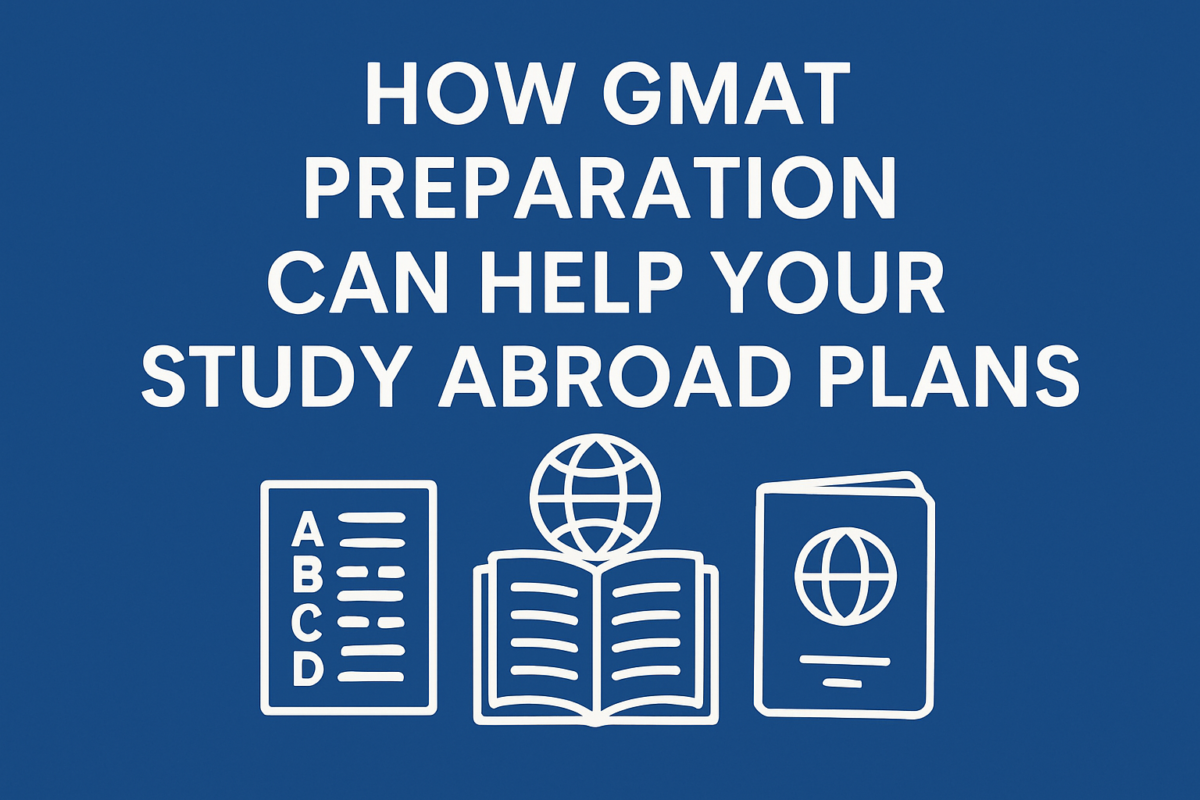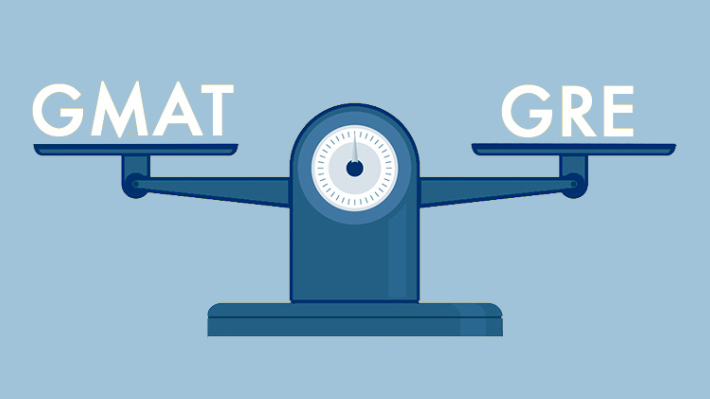According to the Graduate Management Admission Council (GMAC), only about 12% of test-takers score above 700 on the GMAT. This statistic highlights the challenge of the exam and underscores the importance of effective preparation. Understanding the GMAT Difficulty Level
The GMAT, or Graduate Management Admission Test, is designed to assess analytical writing, quantitative, verbal, and integrated reasoning skills. The GMAT difficulty level varies from person to person. However, several factors contribute to the overall challenge:
Time Constraints: Test-takers must answer questions quickly and accurately. With a total of 3 hours and 7 minutes to complete the exam, the pressure to manage time effectively is immense. The ability to think on your feet and process information rapidly is critical to success.
Complex Question Types: The GMAT includes a mix of multiple-choice, data sufficiency, and critical reasoning questions. Each question type requires a unique approach and a strong grasp of fundamental concepts. For instance, data sufficiency questions test your ability to determine what information is necessary to solve a problem, while critical reasoning questions evaluate your logical and analytical skills.
Adaptive Testing: The computer-adaptive format adjusts question difficulty based on your previous answers. This means that the better you perform, the harder the questions become. It can be a double-edged sword, pushing you to your limits while providing an accurate measure of your abilities.
Also Read:- MBA Waitlist Strategy: Here Is What You Need To Do
Common Challenges Faced by GMAT Aspirants
When preparing for the GMAT, many students encounter specific hurdles. Here are some common challenges:
Balancing Work and Study: Juggling a full-time job and GMAT preparation can be overwhelming. Many aspirants find it difficult to allocate sufficient time for studying while meeting their professional commitments. Effective time management and prioritisation become essential skills in this scenario.
Mastering Quantitative Concepts: The quantitative section requires a strong foundation in maths. Topics such as algebra, geometry, and arithmetic are covered extensively. For those who have been away from academics for a while, brushing up on these concepts can be a daunting task. Additionally, the ability to apply these concepts to complex problems under time constraints adds to the challenge.
Improving Verbal Skills: Non-native English speakers often find the verbal section particularly challenging. The GMAT verbal section tests reading comprehension, critical reasoning, and sentence correction. For those who are not fluent in English, understanding the nuances of the language and applying them to answer questions correctly can be difficult.
Effective GMAT Preparation Tips
To overcome these challenges and succeed on the GMAT, consider these preparation tips:
Develop a Study Plan
Creating a structured study plan is crucial. Allocate specific time slots for each section of the GMAT. Use study materials from reputable sources and stick to your schedule. A well-organised plan helps in covering all topics systematically and ensures that you spend adequate time on each section.
Also Read:- How to Build a Successful GMAT Study Plan
Practice Regularly
Consistent practice is key to improving your GMAT performance. Take practice tests to familiarise yourself with the exam format and identify areas needing improvement. Regular practice not only helps in understanding the types of questions but also in developing the stamina required to sit through the entire exam.
Focus on Weak Areas
Identify your weak areas and dedicate extra time to improving them. Whether it’s quantitative reasoning or verbal skills, targeted practice can yield significant results. Analysing your practice test results to pinpoint weak spots and working diligently to improve them can make a substantial difference in your overall score.
Proven Strategies for Mastering the GMAT
Time Management
Effective time management is critical during the GMAT. Allocate specific time limits for each section and stick to them. Avoid spending too much time on a single question. Practising with a timer can help you get used to the pace of the exam and ensure that you complete all sections within the allotted time.
Answer Every Question
The GMAT penalises unanswered questions. Make educated guesses if necessary, but ensure you answer every question. Even if you are unsure of an answer, it’s better to take a guess rather than leave it blank. The adaptive nature of the test means that every question counts.
Review and Analyze
After each practice test, review your answers thoroughly. Analyse your mistakes and understand why you got them wrong. This practice will help you avoid similar errors in the future. Understanding the rationale behind each question and learning from your mistakes is crucial for continuous improvement.
Stay Positive and Confident
Maintaining a positive mindset and confidence in your abilities can significantly impact your performance. Stay focused, keep calm, and believe in your preparation. A positive attitude can help you manage stress and perform better under pressure.
Success Stories from GMAT Masters
Many students have successfully conquered the GMAT. Here are a few success stories:
Shubham: Scored 760 by following a strict study plan and practising daily. Jane attributes her success to consistent effort and focusing on her weak areas. She spent extra hours on quantitative reasoning, which was her weakest section, and gradually improved her performance.
Adil: Improved his score by 100 points after enrolling in a GMAT prep course. John found the structured guidance and expert feedback provided by the course to be invaluable. The personalised feedback helped him understand his mistakes and work on them effectively.
Arya Garg: Balanced work and study by dedicating weekends to GMAT preparation. Alice’s disciplined approach to time management allowed her to prepare effectively despite a busy work schedule. She made sure to utilise her weekends fully for study and practice.
Also Read:- Strategies to Ace GMAT Reading Comprehension
Conclusion: Is the GMAT Tough?
The GMAT can be challenging, but with the right strategies and dedication, it is possible to master it. By understanding the GMAT difficulty level, addressing common challenges, and implementing effective preparation tips, you can achieve your desired score.
For those looking for expert guidance and comprehensive study resources, consider Enzo Prep. Enzo Prep specialises in helping students excel in their GMAT preparation. With tailored study plans and expert support, Enzo Prep is your partner in achieving GMAT success. By leveraging their resources and expertise, you can navigate the complexities of the GMAT and reach your goals.
Additional Tips for GMAT Success
Join Study Groups
Collaborating with peers can provide additional motivation and insights. Join study groups or online forums where you can share tips, solve problems together, and support each other through the preparation process.
Stay Healthy
Physical and mental well-being are crucial during your preparation. Ensure you get enough sleep, eat healthily, and exercise regularly. Taking care of your health will help you stay focused and perform at your best.
Seek Professional Guidance
If you’re struggling with self-study, consider seeking professional guidance. Tutors and coaching centres can provide personalised instruction and strategies tailored to your needs.
Simulate Test Conditions
Take full-length practice tests under test-like conditions. This will help you build the stamina needed for the actual exam and reduce test-day anxiety.
The GMAT is a significant step towards your MBA goals. While it is challenging, with the right preparation and mindset, you can achieve a high score. Stay committed, practice diligently, and utilise all available resources. With determination and hard work, you can conquer the GMAT and move closer to your dream business school.














